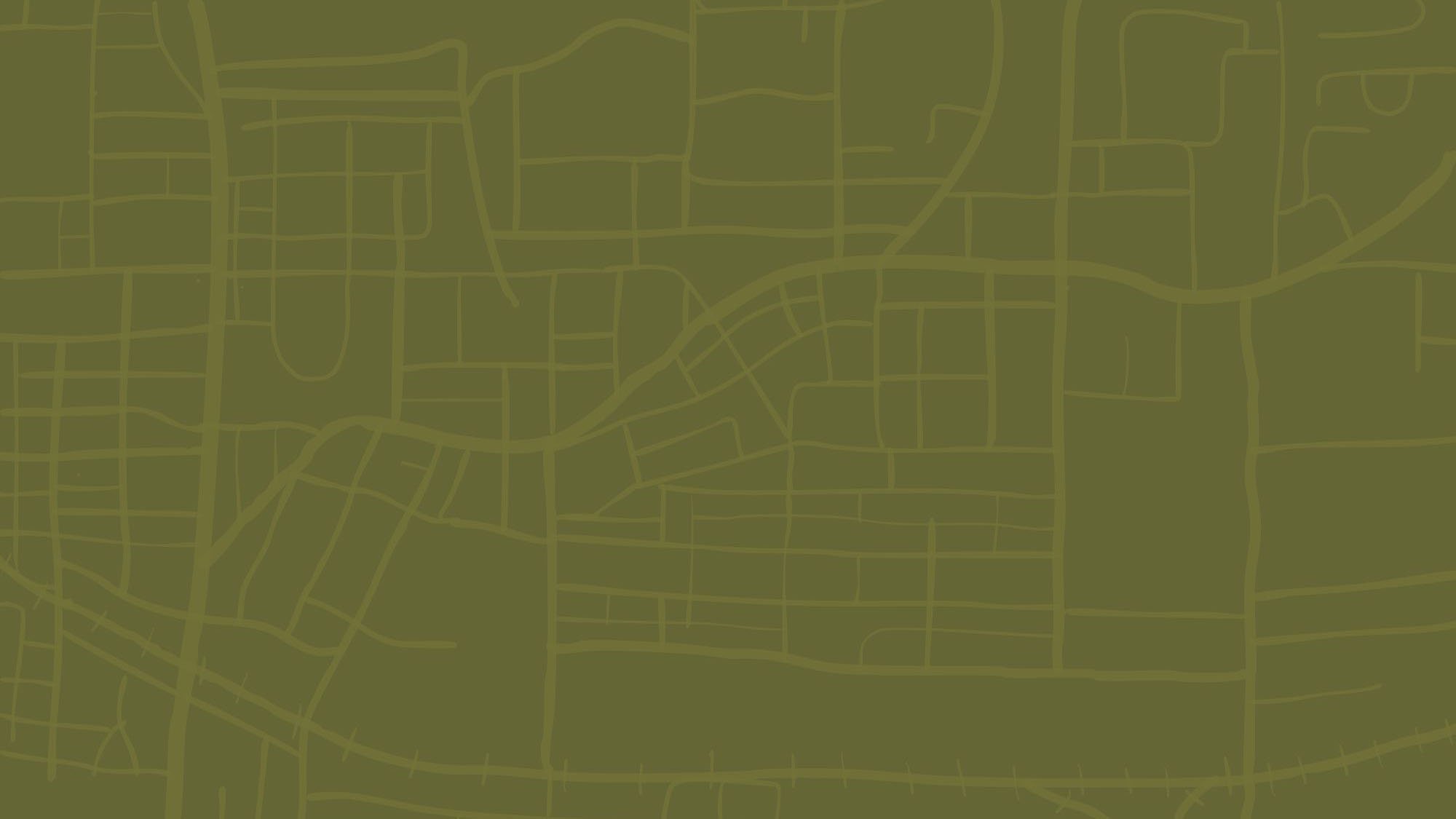
Success Stories
Signs of flourishing in our communities

Blythe Oldfield
Established in the early 1900’s, Blythe Oldfield was a solid middle working-class neighborhood for years. Over time, outside factors led to neighborhood decline resulting in closed or relocated businesses and a decline in owner-occupied home ownership. The residents left behind felt forgotten. Though significant changes have occurred over the past decade, it is still one of Cleveland’s most economically distressed, disadvantaged, and overlooked communities.
1919
Year established
$20K
Median household income
30%
Homeownership rate
Dallas’ Story
Watch how our Workforce Development program supported Dallas’ journey toward a hope-filled life regardless of the past.
Affordable homeownership
Through our Affordable Homeownership program, we build or renovate homes in the community and offer them at affordable prices to low-moderate income individuals and families who are first-time home buyers.



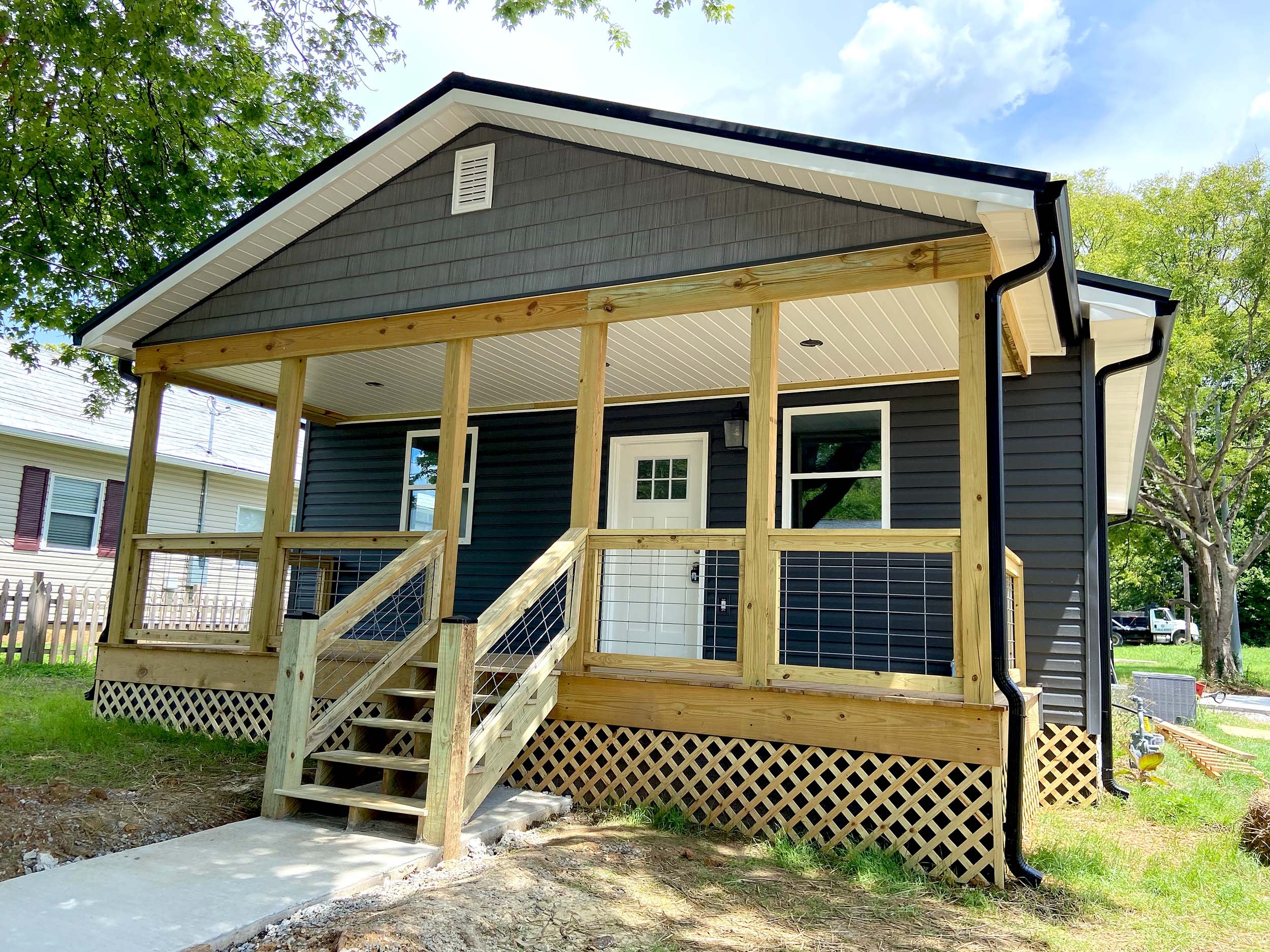


Blythe to Blythe: Sidewalks
We worked with many partners including the Lyndhurst Foundation to implement sidewalks that stretch from one end of the Blythe Oldfield neighborhood to the other.
The project produced improved walkability and safety (especially for school children), as well as the built environment of the neighborhood by connecting the streets with sidewalks.
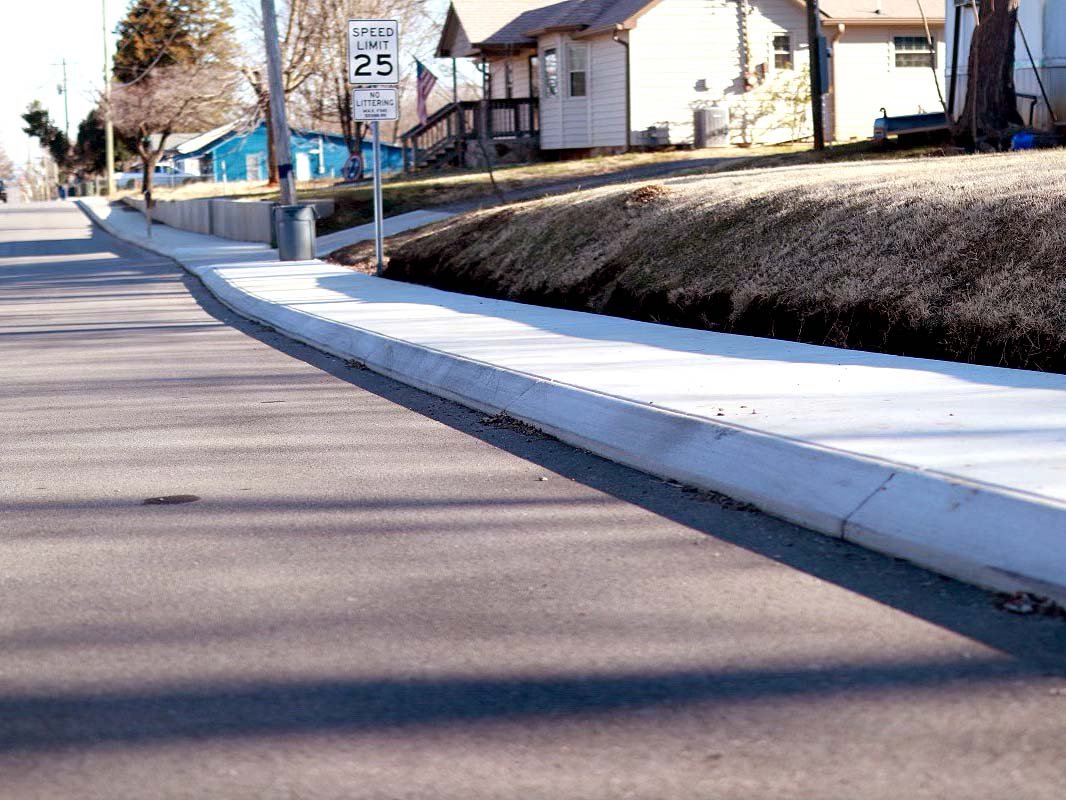
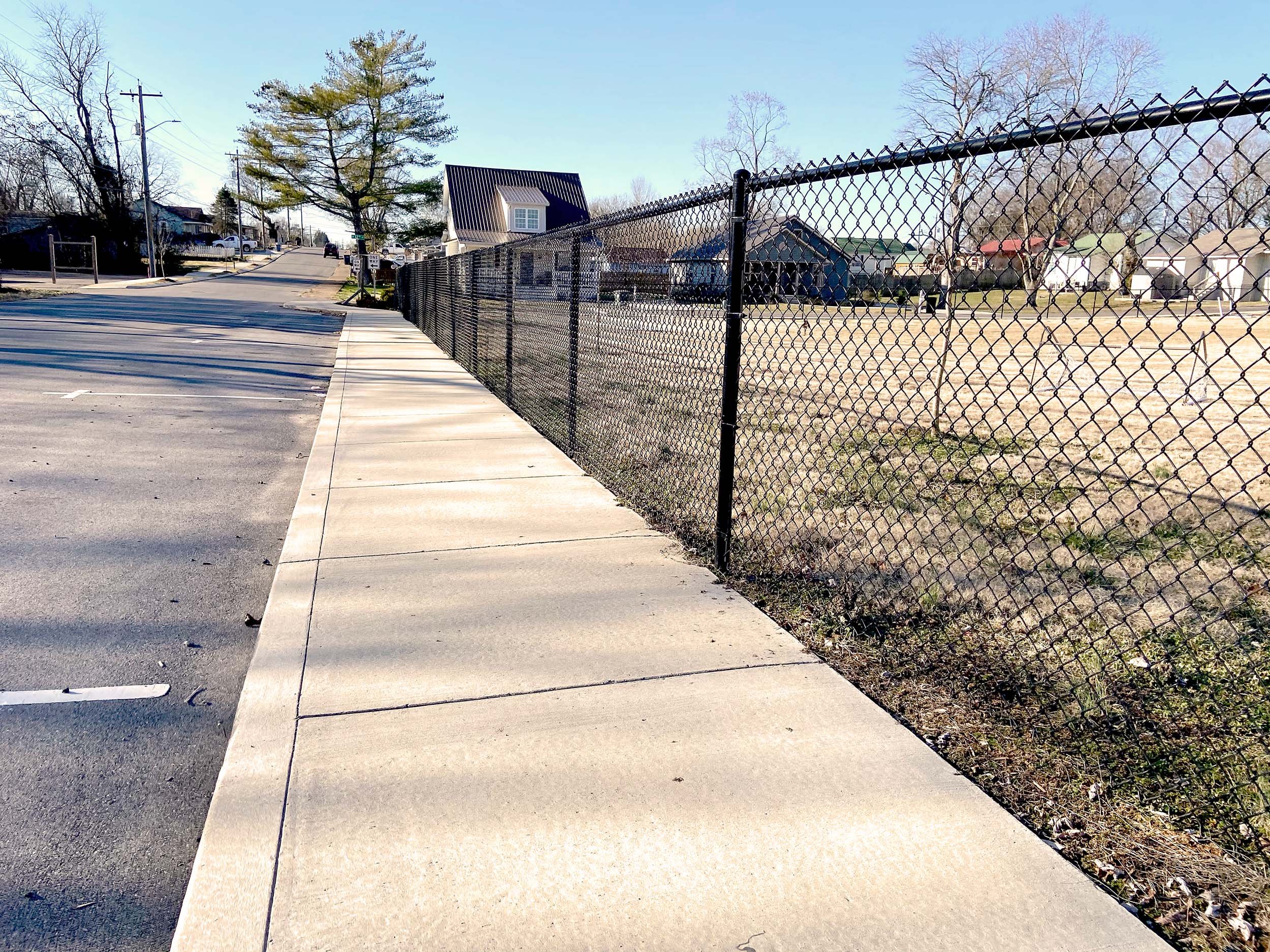

Park & pavillion
We worked with multiple partners to revitalize the Blythe Oldfield Park with new equipment, a new basketball court, safety upgrades, and better spaces for gathering.
The project increased accessibility to safe and beautiful public spaces for residents, and increased the walkability of the
neighborhood.
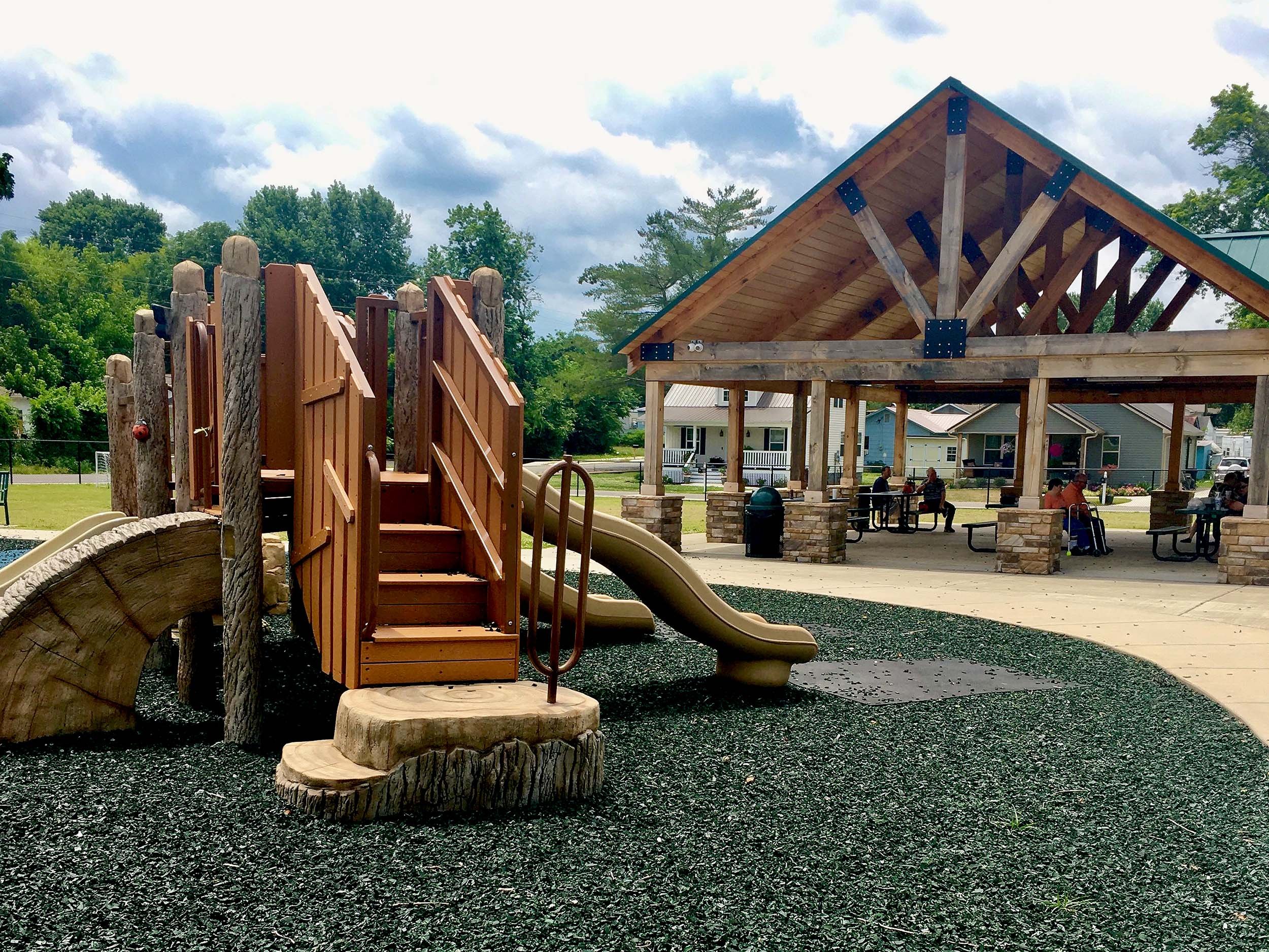


Business facade upgrades
We completed facade upgrades for 5 local resident-owned businesses. These included two local restaurants, a print shop, a hardware store, and a grocery store.
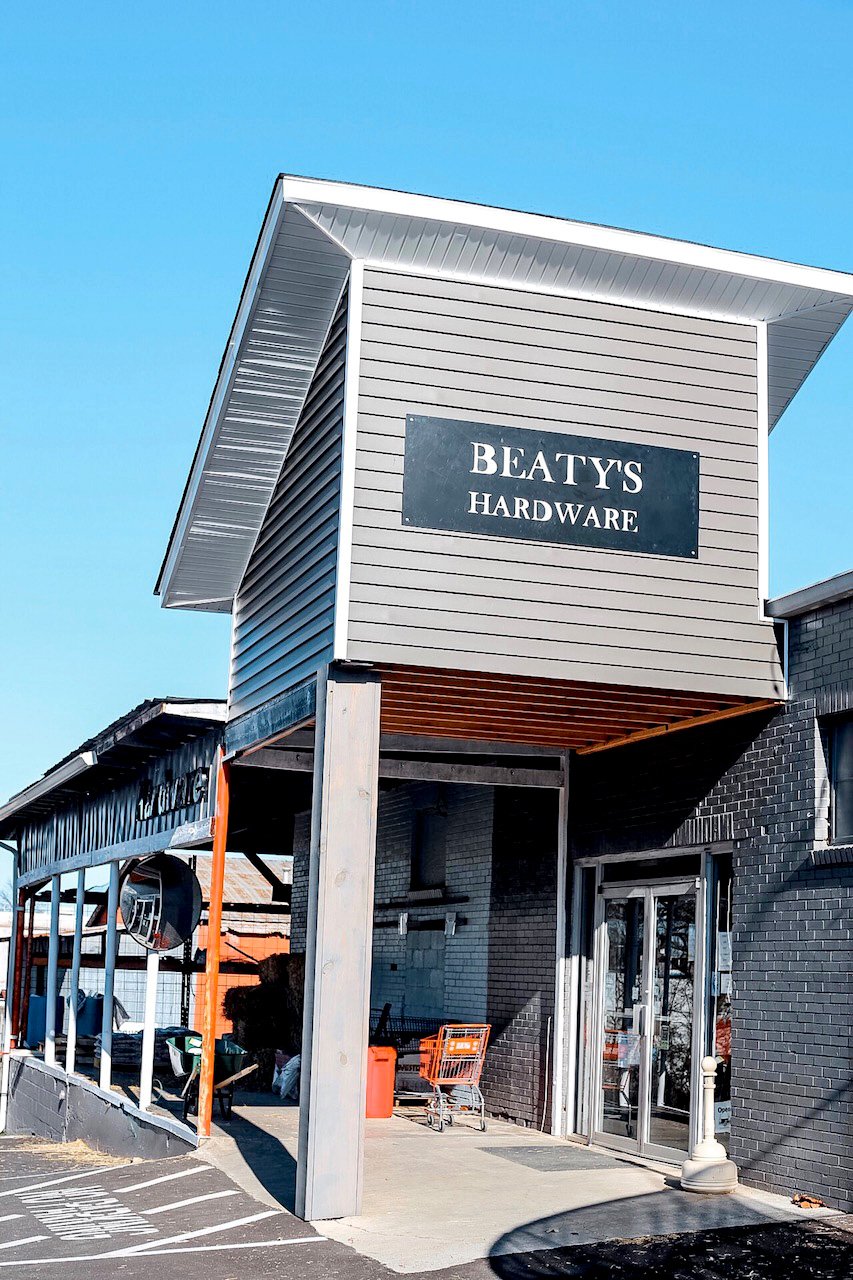
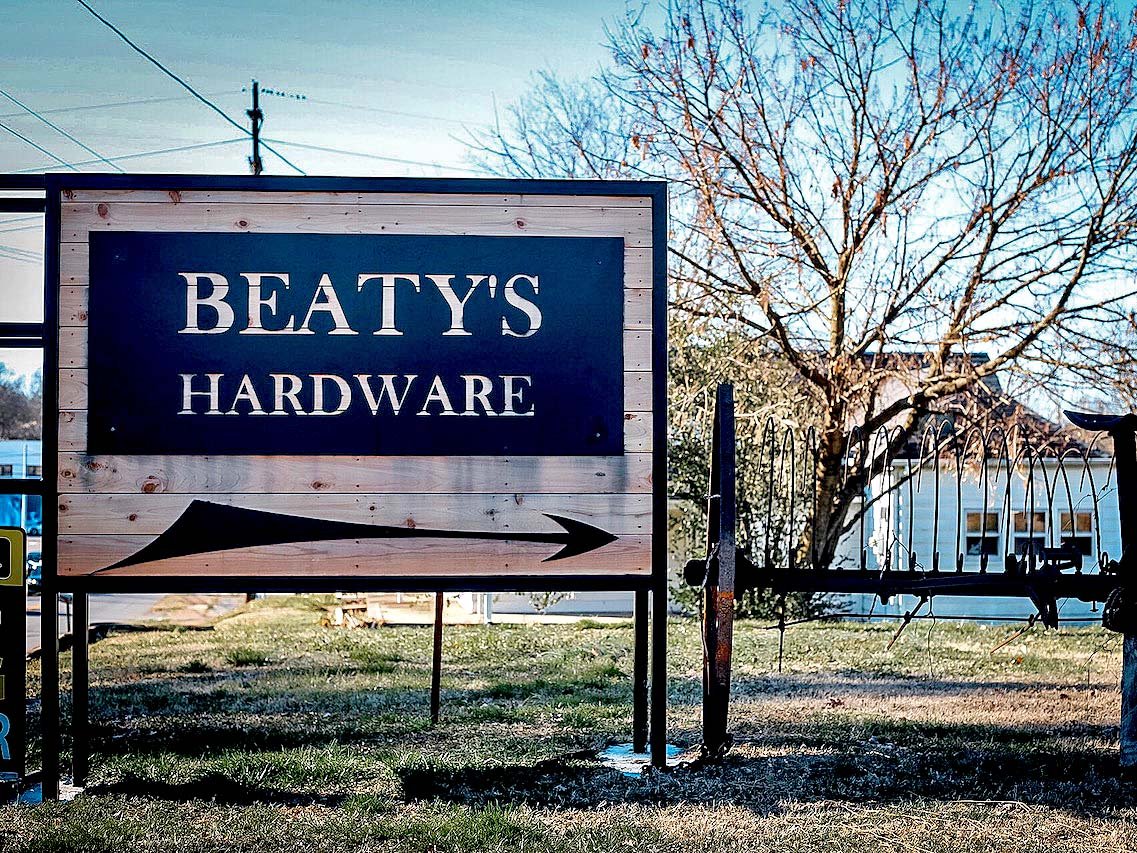
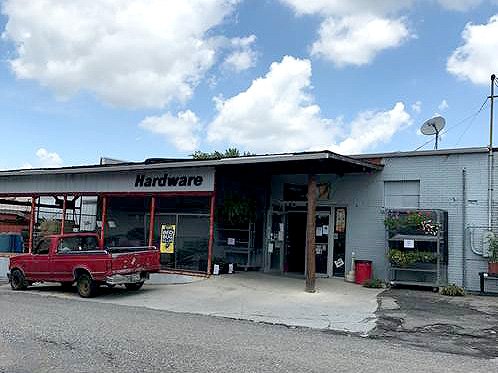






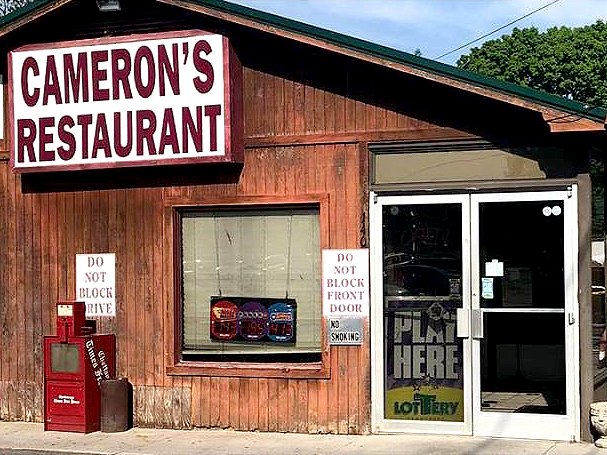
TVA efficient upgrades
Thanks to a grant and working partnership with TVA, City Fields was able to implement energy efficiency improvements to over 413 homes in East Cleveland.
BOCA and Youth gardens
We have established two gardens in Blythe Oldfield: a resident-led community garden, and a youth garden focused on youth education through gardening.



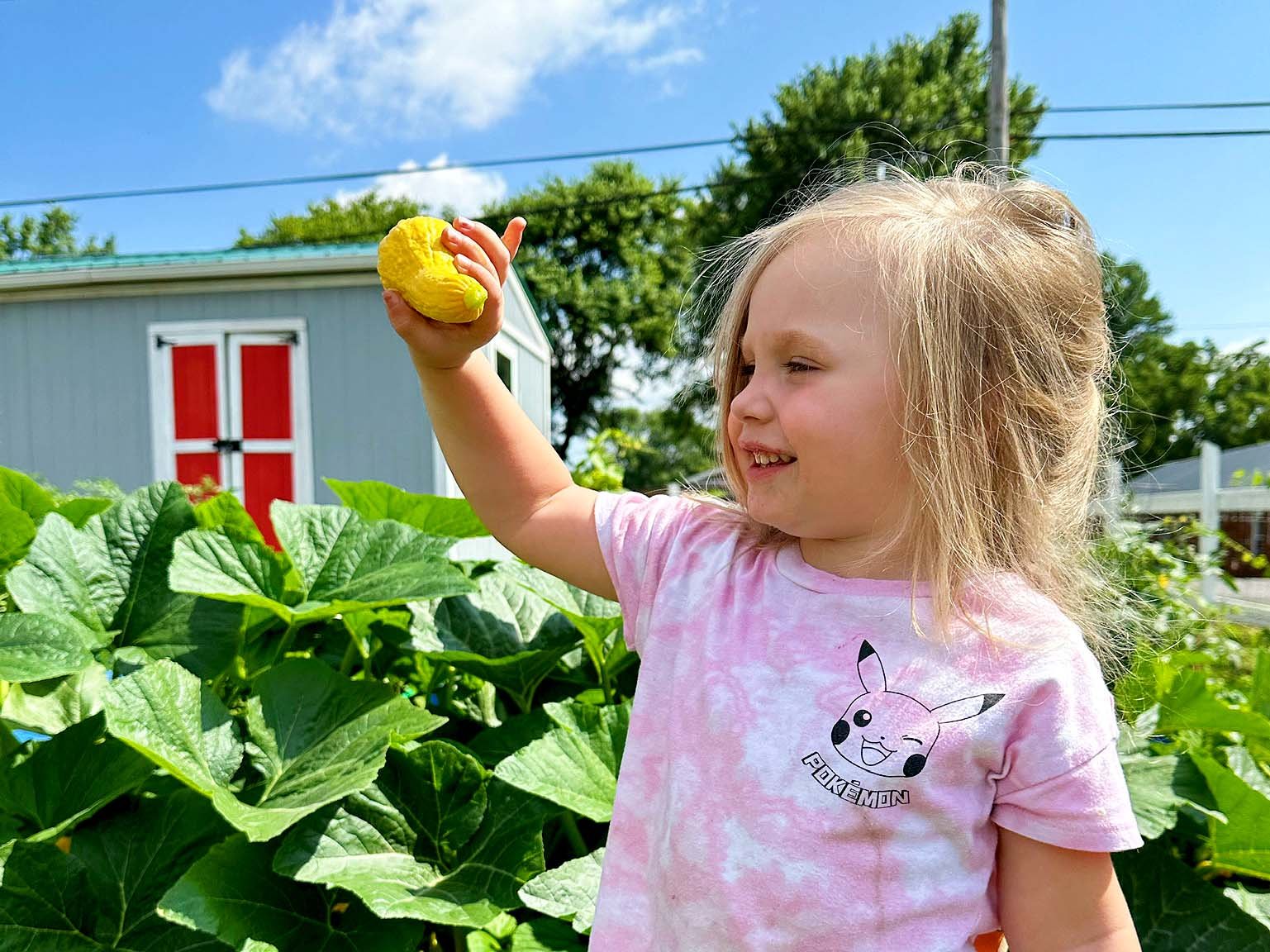


College Hill
College Hill is a historically black neighborhood, that is currently home to approximately 500 working class and elderly families. Segregation and racism brought infrastructure projects that isolated the community during the 1960’s and 70’s, from which they never recovered.
Read more of its history
1863
Year established
74%
Residents earning below Cleveland median income ($46k)
40%
Homeownership rate
Community garden
One of our initial collaborations with the community, this garden is a source of neighborhood engagement while providing access to healthy food options.
Support us
Join us in building flourishing communities!
Donate
Make a one-time or ongoing financial donation to our work
Volunteer
Sign up for a volunteer opportunity
Take a Tour
Join a guided tour to learn about our neighborhoods


